Tinto de Verano, Served With Spanish Tapas
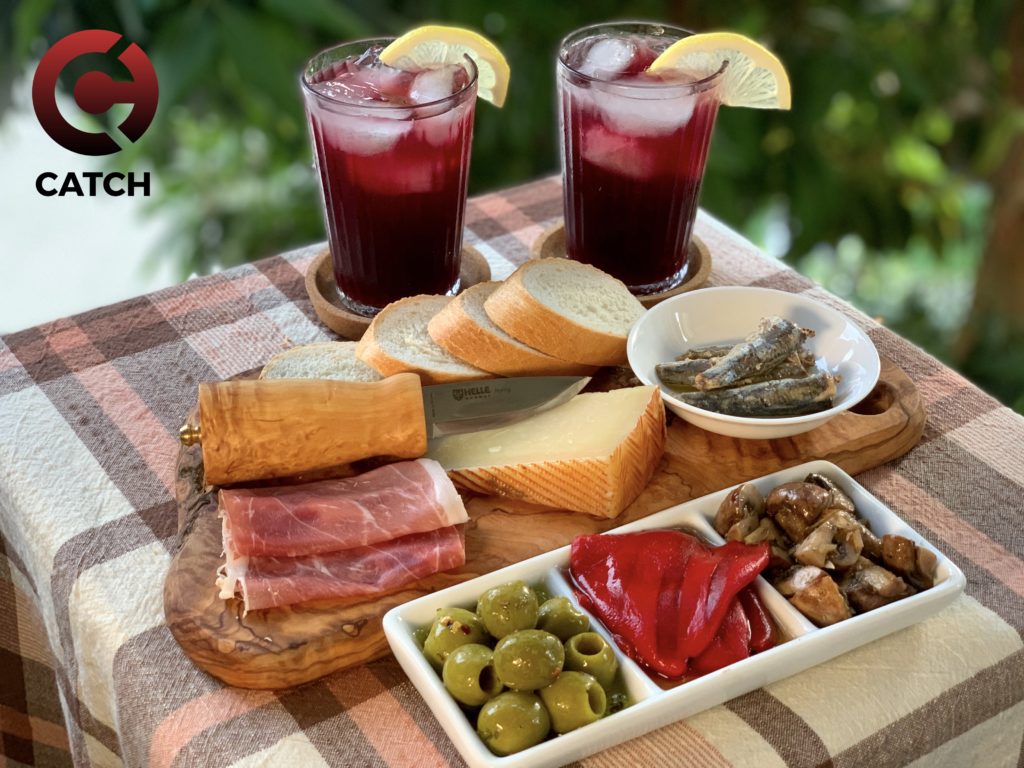
As the heat waves are coming to an end while the COVID crisis continues, let’s bring home a refreshment from Spain!
We know … just the thought of diluting wine, or infusing it with spices or flavors, or mixing it with soda (oh, the horror!) will give most American wine connoisseurs nightmares.
But, Europeans around the Mediterranean have been “adulterating” their wine for thousands of years, with the oldest references going back to Ancient Rome and Greece. So, why not experiment and have some fun?
Cool and refreshing, tinto de verano is a wine based drink of immense popularity in Spain. The term literally means, “red wine of summer”.
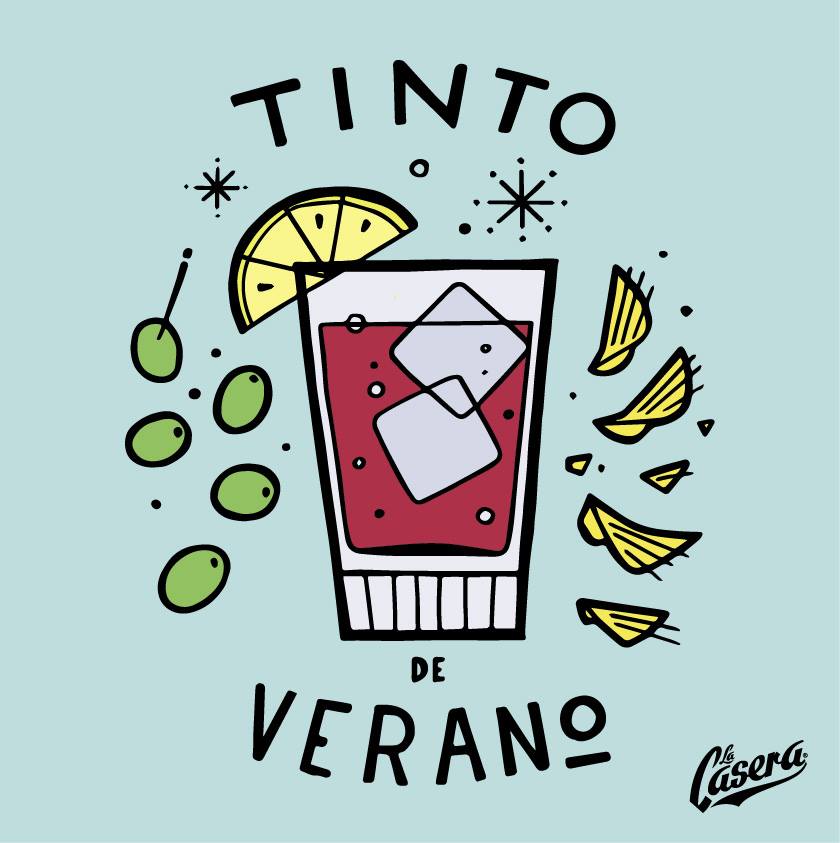
Tinto de verano is usually home made and not often served in public establishments. It has fewer ingredients and is lower in alcohol than sangria. And because it doesn’t have to steep, it can be made quickly and easily, even right at the table. This made it a favorite among Spaniards, who’d rather leave sangria to the tourists.
The origins of the drink go back to when carbonation became popular about 100 years ago. The recipe for tinto de verano isn’t written in stone. As a baseline, it usually consists of one part red table wine, and one part gaseosa (a general term for sodas and carbonated drinks). The preference here is for light, low-sugar carbonated lemonades.
In Spain, people will often mix their own tinto de verano at the table according to their own liking. (Imagine the bewilderment of a foreign traveler, unfamiliar with local custom, upon being presented with a glass of ice, a bottle of soda, and a carafe of red wine).
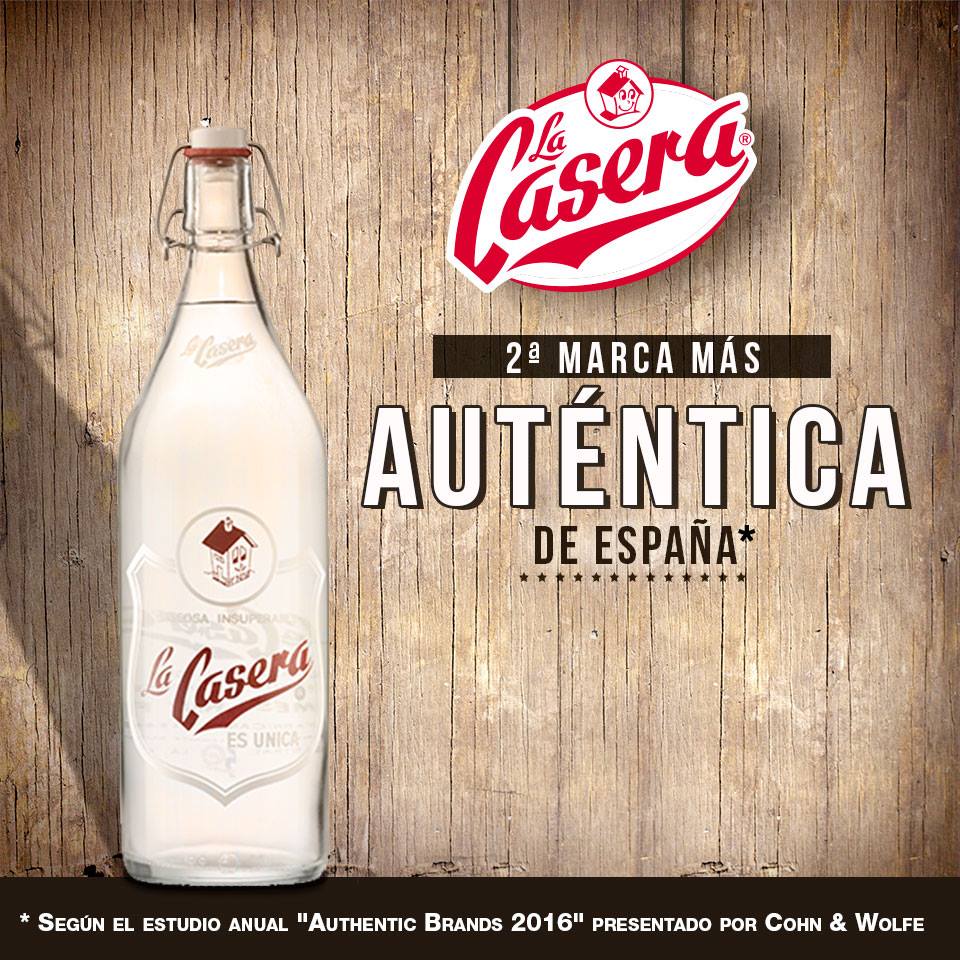
The most popular soda to make tinto de verano in Spain is La Casera, but this brand is difficult to obtain internationally. Our own homemade version favors freshly squeezed lemon and lime over store-bought sodas. It is easy to make, and to be honest – once you’ve tasted soda made from real citrus fruit, you will be disappointed by the bland candy flavors of the store-bought stuff.
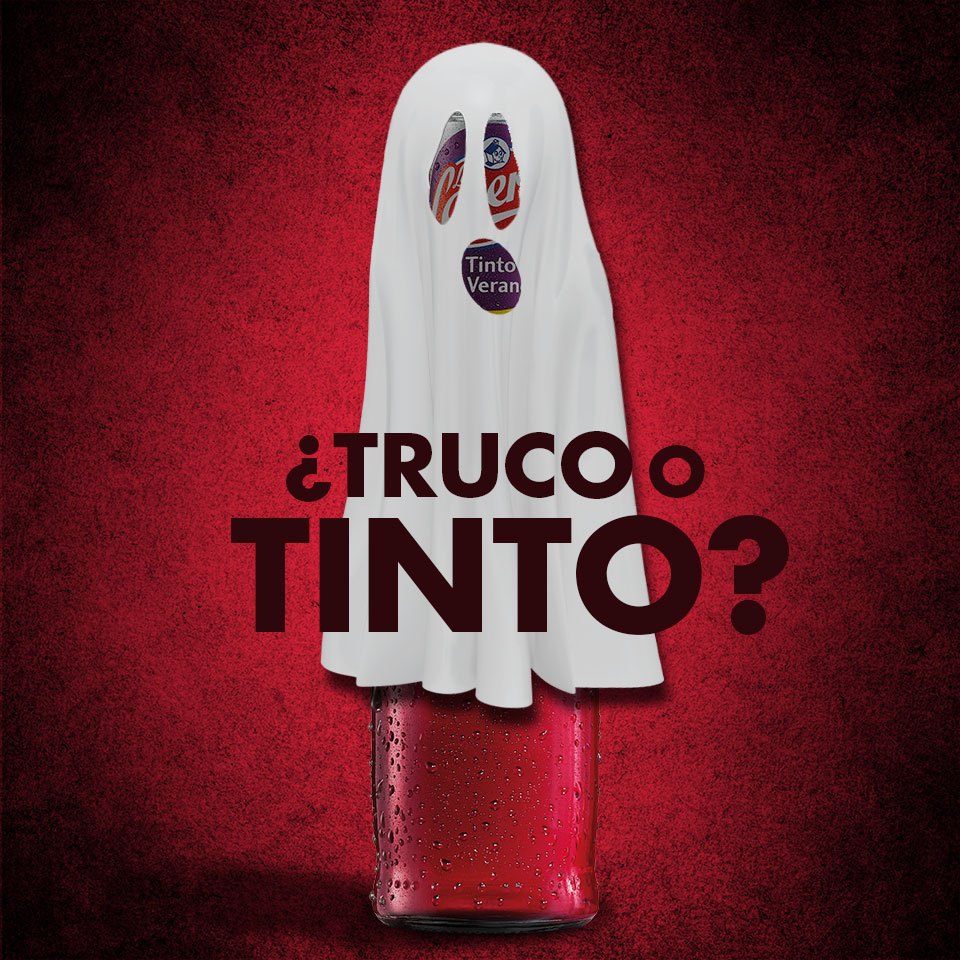
Tinto de Verano
Ingredientes (para dos):
• 6 oz of a robust, Spanish table wine
• 2 oz of cold home made lemon/lime syrup *
• club soda
• ice cubes
• optional: some red vermouth (vermut rojo)
• lemon wheel as garish
* To make your own lemon/lime soda, you start by making a simple syrup, but with lemon and lime juice instead of water. Combine the same amount of white table sugar and juice from freshly squeezed lemons and limes in a saucepan. Bring to a boil and stir until all sugar is dissolved. Fill into a glass jar and let it cool. Refrigerated, the syrup will last for days or weeks. To make soda, fill a chilled lass with chilled carbonated water. Tilting the glass, gently pour in some syrup (how much is up to you) and gently stir.
Instrucciones:
Fill two tall (preferably chilled) water glasses halfway with chilled carbonated water. Gently add 1 ounce of the lemon/lime syrup into each glass while tilting it. Give it one very gentle stir with a spoon.
Add a few ice cubes and while tilting, gently top off each glass with red wine until full. Add a lemon garnish.
Tapas
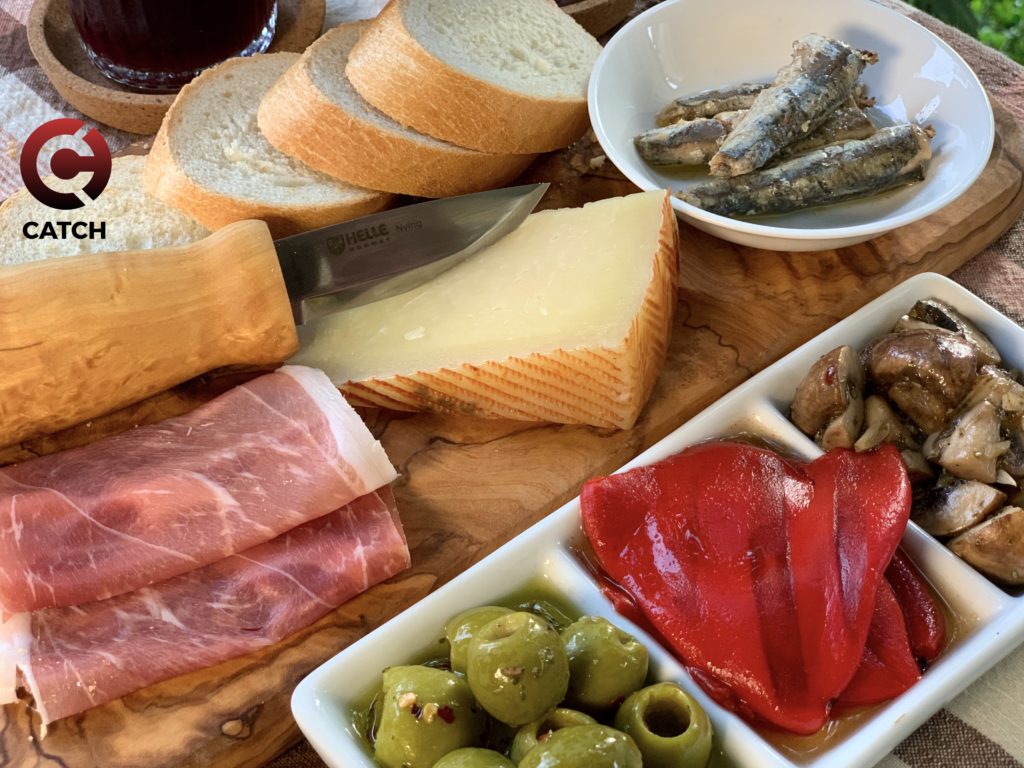
In Spanish cuisines, tapas refer to small portions of delicacies. They are a cultural institution and often enjoyed during the time between finishing work and having dinner.
Tapas can be complex or simple. If you don’t have much time, don’t stress. You will find our suggestions shown here in any well stocked American supermarket or delicatessen shop. As with tinto de verano, there is no one and only correct way! Europeans tend to shop more often, but in smaller quantities, and freshness and quality are highly valued. If you are flexible and pay attention to what’s on sale at the deli counter, you won’t be spending more for better quality.
Above all, slow down, enjoy good food and good company – and remember: The purpose of cocktail hour is to mark the transition from the workday to evening relaxation. It’s where stress ends, and when we go from playing our roles as duty-bound, problem solving, productive, busy professionals or workers, to returning to our roles as moms, dads, lovers and civilized, social human beings.
Cheers!
Reinhard Kargl is a journalist and media professional who normally writes about science and technology. His upcoming eBook about Cocktail Hour will be published this fall. Please email the publisher to be notified of the release date.
In the meantime, please watch this video for more cocktail hour inspirations!







